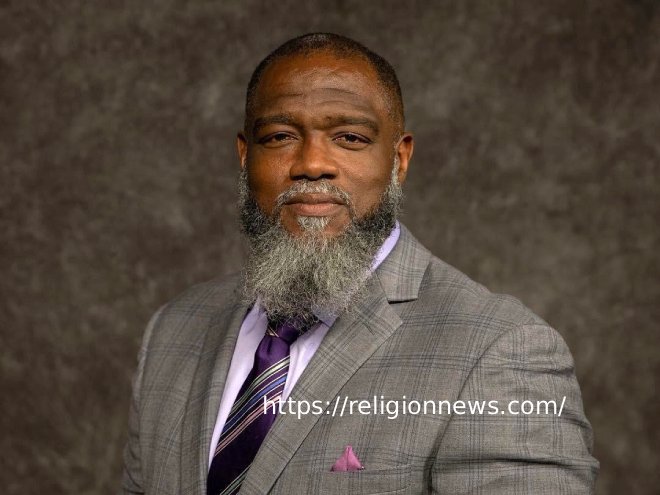Trump Announces Travel Restrictions And A Ban On 19 Countries, Beginning Monday

US President Donald Trump said Wednesday he will revive a key policy from his first term, banning entry to citizens of 12 countries. In addition, people from seven other countries will face stricter travel rules.
Trump explained that the decision was influenced by a recent incident where a man used a homemade flamethrower during a Jewish protest in Colorado. Authorities reported that this individual was in the country without permission.
The new travel ban will begin at midnight on Monday. This timing aims to prevent the confusion and chaos that occurred at airports across the country during a similar ban in 2017, which was implemented with little warning. After taking office in January, Trump indicated that he wanted to put a new ban in place, and he seems to have more legal support this time since the Supreme Court recently ruled in his favor.
12 countries on the ban list, the same as those from his earlier policy. The countries now facing the ban include Afghanistan, Myanmar, Chad, the Republic of Congo, Equatorial Guinea, Eritrea, Haiti, Iran, Libya, Somalia, Sudan, and Yemen.
Additionally, visitors from Burundi, Cuba, Laos, Sierra Leone, Togo, Turkmenistan, and Venezuela will have to follow stricter travel rules when coming to the US.
Both go into effect on Monday, the white house announced.
In a recent video posted on social media, Donald Trump linked a new travel ban to a recent terrorist attack in Boulder, Colorado. He argued that this incident highlighted the risks posed by some visitors who stay in the country longer than their visas allow. The attacker, who is from Egypt, comes from a country not included in Trump’s travel restrictions. The Department of Homeland Security reported that he had overstayed a tourist visa.
Trump claimed that certain countries do a poor job of checking and screening visitors or have historically refused to take back their own citizens. His arguments are based on an annual report from Homeland Security that tracks tourists, business visitors, and students who overstay their visas, focusing on countries with high rates of this occurrence.
“We don’t want them,” Trump said
The travel ban impacted people from Iran, Syria, Libya, Somalia, Yemen, North Korean nationals, and some Venezuelan government officials and their family members.
Trump and his supporters maintained that the ban served national security interests and was not rooted in anti-Muslim sentiment. However, during his campaign for president, he had previously called for a complete ban on Muslims entering the country.





